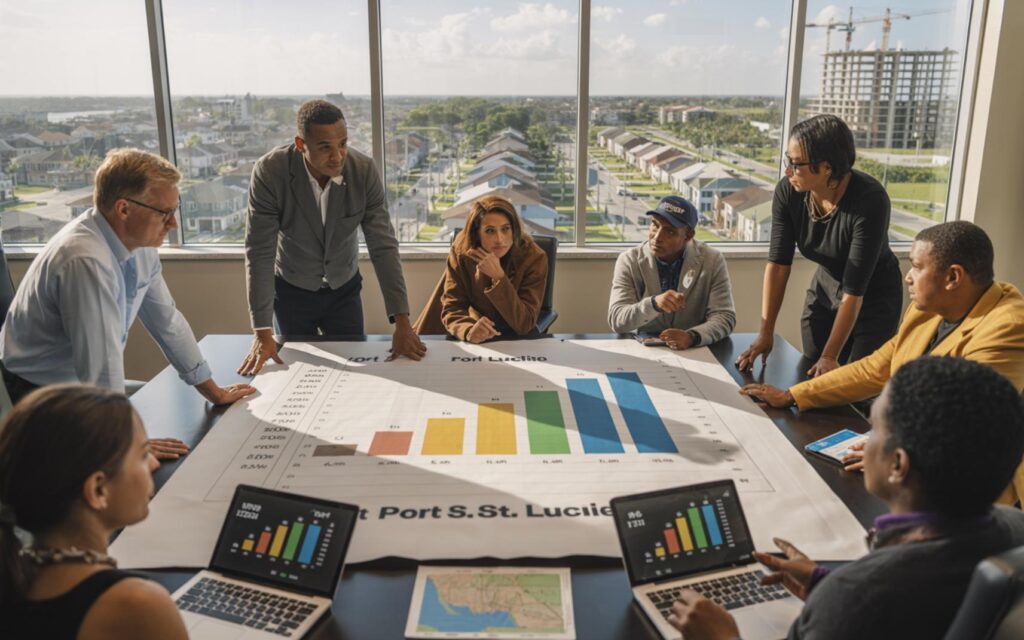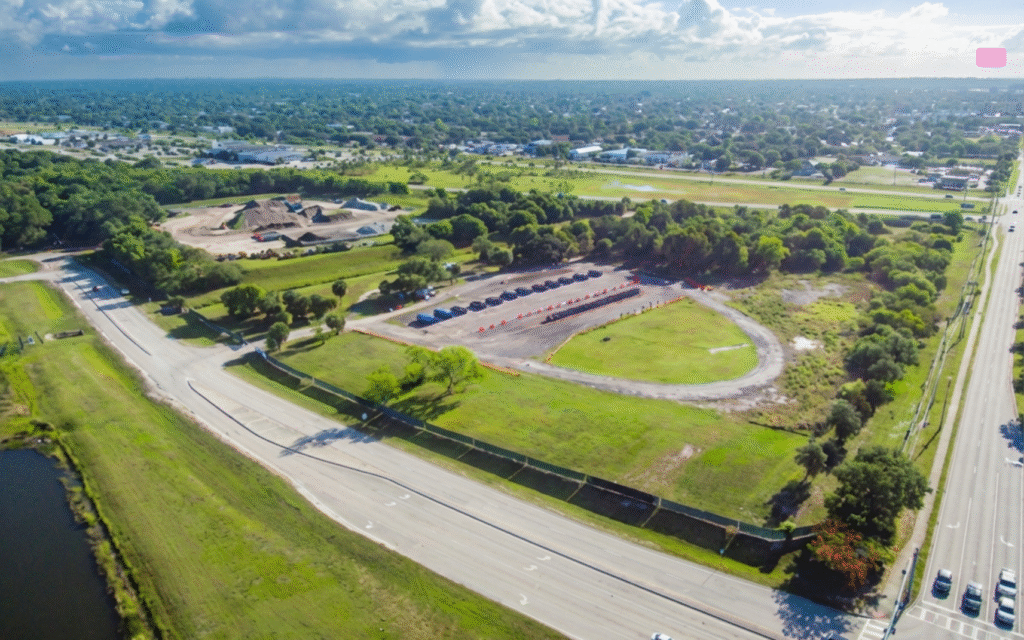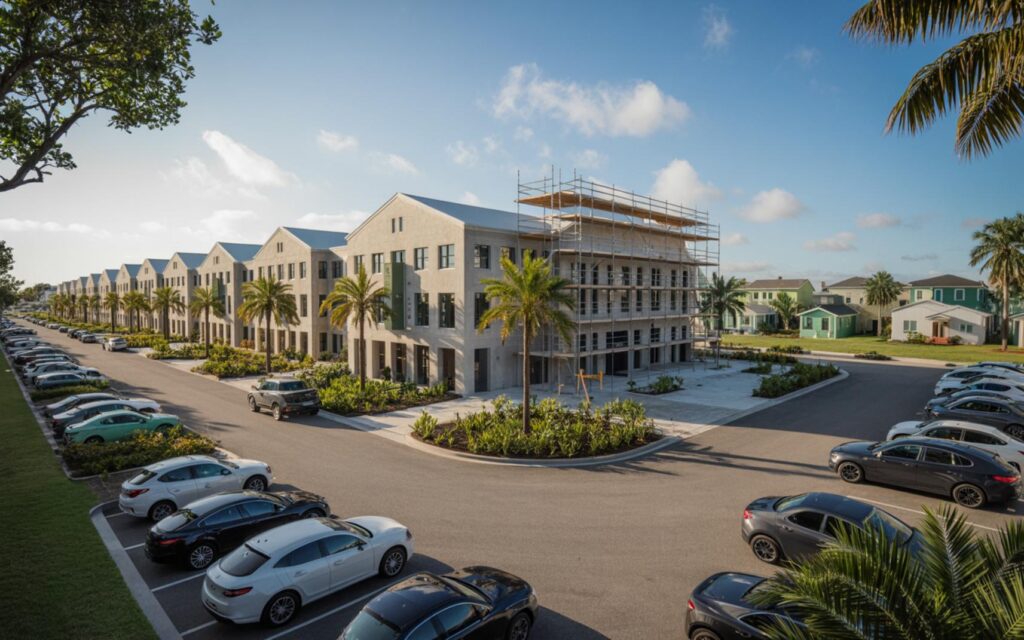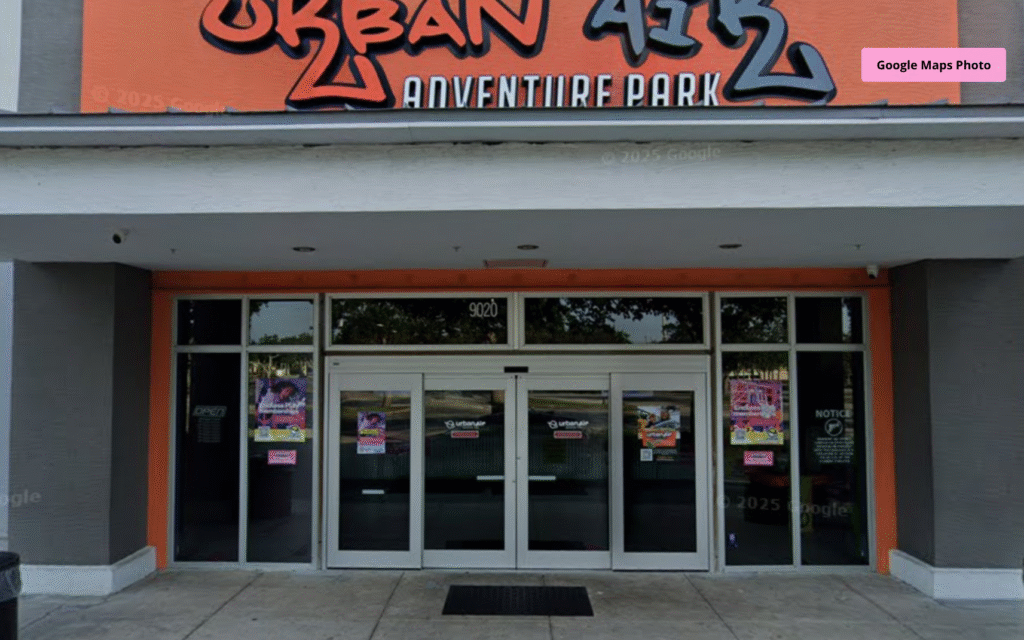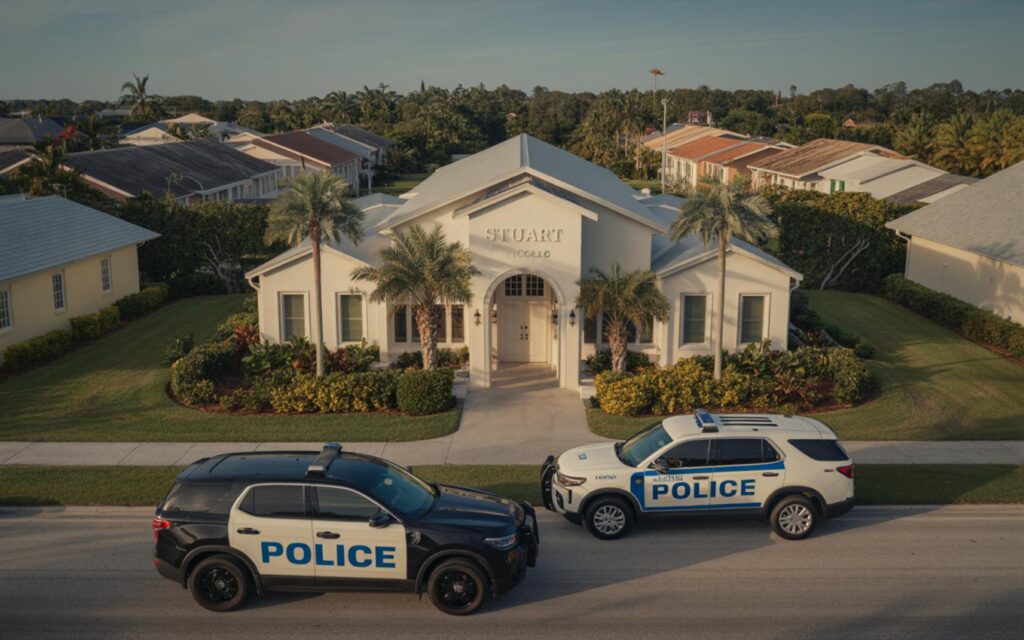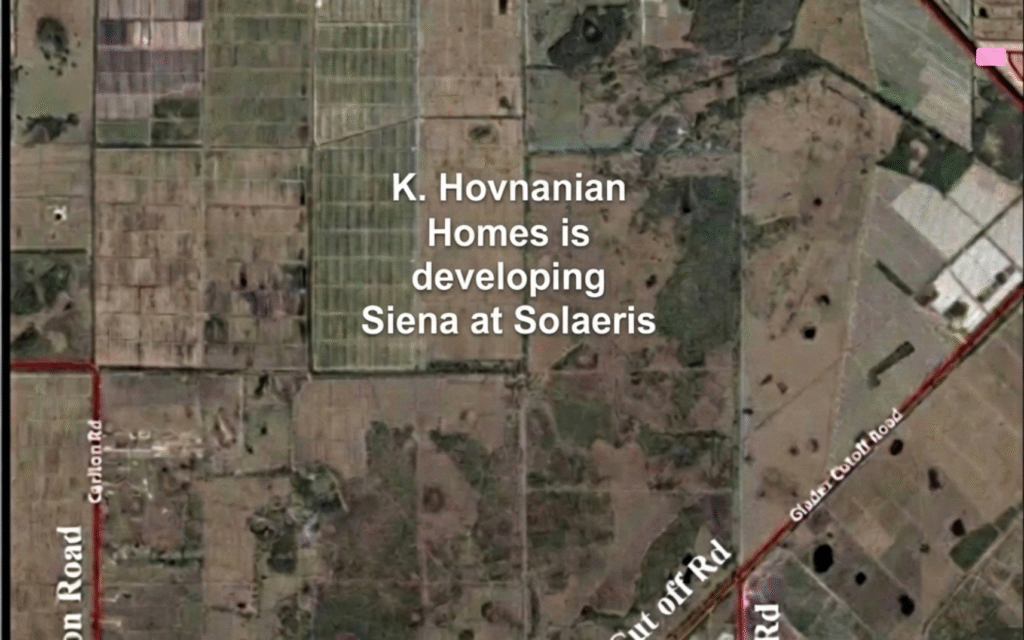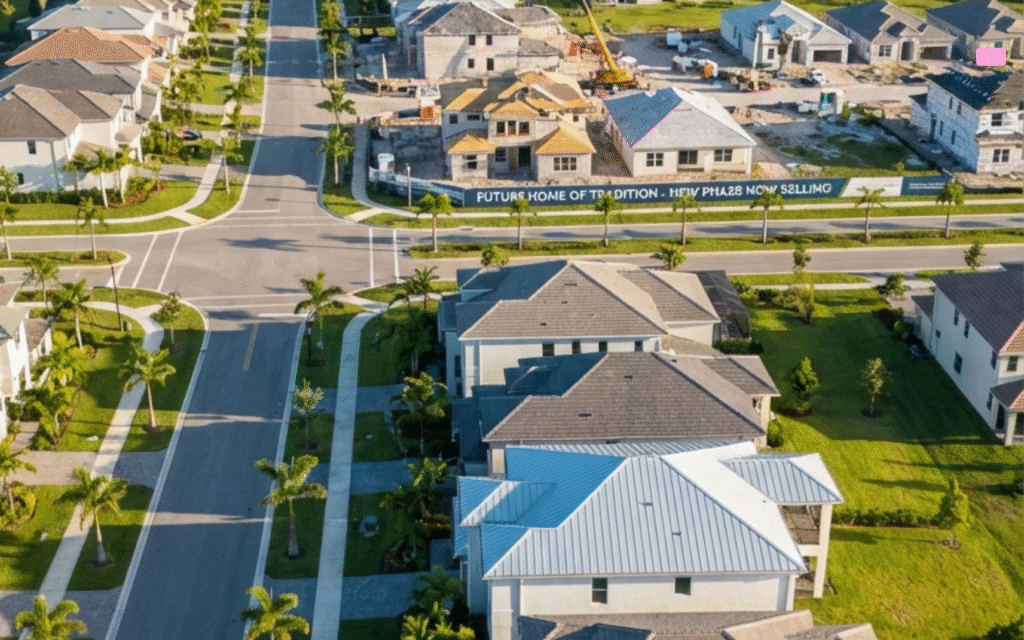Port St. Lucie population growth is outpacing Miami in 2025, making it one of Florida’s fastest-growing cities and reshaping demographic trends across the state. According to recent estimates, Port St. Lucie’s city population now ranges between 204,000 and 271,000, while Miami’s population is estimated between 442,000 and 498,000.
Port St. Lucie Population Growth Compared to Miami
Port St. Lucie has experienced rapid suburban expansion in recent decades, transforming from a small community to a major city within Florida. The Port St. Lucie metropolitan area now exceeds 536,000 residents, reflecting consistent growth and increased migration from other parts of South Florida.
In contrast, Miami’s metropolitan area remains the largest in the state, with millions of residents. However, Miami’s growth rate has slowed, with more moderate increases in population compared to Port St. Lucie.
Key Reasons for Port St. Lucie’s Rapid Growth
Several factors contribute to the strong population growth in Port St. Lucie. The city offers more affordable housing, suburban amenities, and proximity to South Florida’s job markets. These advantages have attracted new residents from Miami and other urban centers.
- Affordable housing compared to Miami and other major cities
- Suburban lifestyle with access to parks, schools, and commercial centers
- Proximity to employment in the South Florida region
- Expansion of infrastructure and new residential developments
Migration Trends: Miami to Port St. Lucie
Recent migration trends show a significant movement of residents from Miami and other South Florida cities to Port St. Lucie. According to demographic data, this shift is driven by the search for affordability and improved quality of life.
Port St. Lucie’s population growth is not only higher in percentage terms but is also supported by ongoing infrastructure projects and commercial expansion to accommodate new residents.
Impact on Local Infrastructure and Services
The city of Port St. Lucie is responding to increased demand by expanding roads, utilities, and public services. City officials report that new schools, healthcare facilities, and commercial centers are under development to support the growing population.
Managing this rapid expansion presents challenges, including the need for sustainable development and maintaining service quality for both new and existing residents.
Miami’s Slower Growth and Urban Challenges
While Miami remains an economic and cultural hub for Florida, its population growth rate has slowed. High housing costs, urban density, and limited land for expansion are key constraints, according to city planning agencies.
Many Miami residents are relocating to less expensive areas, with Port St. Lucie emerging as a leading destination. Miami’s future growth is expected to focus on redevelopment and increased density, rather than geographic expansion.
Housing Affordability and Cost of Living
Miami’s high cost of living continues to affect its population trends. According to local housing authorities, rising rents and property prices are prompting some residents to seek alternatives in suburban areas like Port St. Lucie.
These affordability challenges are a central factor in the migration patterns observed in recent years.
Statewide Context: Florida’s Population Trends
Florida’s overall population growth remains strong, with metropolitan areas growing faster than the national average. The shift from major urban centers like Miami to emerging cities such as Port St. Lucie reflects changing preferences for affordability, space, and lifestyle.
Experts from state planning agencies note that Port St. Lucie’s rapid growth is part of a broader trend of suburbanization across Florida. At the same time, Miami continues to play a central role in the state’s economy and culture, despite its slower population increases.
Future Projections for Port St. Lucie and Miami
Population projections indicate that Port St. Lucie will continue to rise in state rankings, with strong growth expected in the coming years. City officials emphasize the importance of sustainable development and infrastructure planning to manage this expansion effectively.
Meanwhile, Miami’s growth is projected to remain steady but less dramatic, with a focus on redevelopment and densification to address urban challenges.
Frequently Asked Questions About Port St. Lucie Population Growth
What is the current population of Port St. Lucie in 2025?
The city population of Port St. Lucie in 2025 is estimated between 204,000 and 271,000, according to recent demographic data from city officials.
How does Port St. Lucie’s growth compare to Miami?
Port St. Lucie is growing faster in percentage terms than Miami. While Miami remains larger overall, Port St. Lucie’s population increase is among the highest in Florida.
Are people moving from Miami to Port St. Lucie?
Yes, migration trends show that many residents are relocating from Miami and other South Florida cities to Port St. Lucie, attracted by affordability and quality of life.
Can you find affordable housing in Port St. Lucie?
Port St. Lucie offers more affordable housing options compared to Miami, making it a popular choice for families and individuals seeking lower living costs.
Where are the fastest-growing areas in Port St. Lucie?
New residential developments and expanding neighborhoods throughout Port St. Lucie are experiencing significant growth, supported by city infrastructure projects and commercial expansion.

